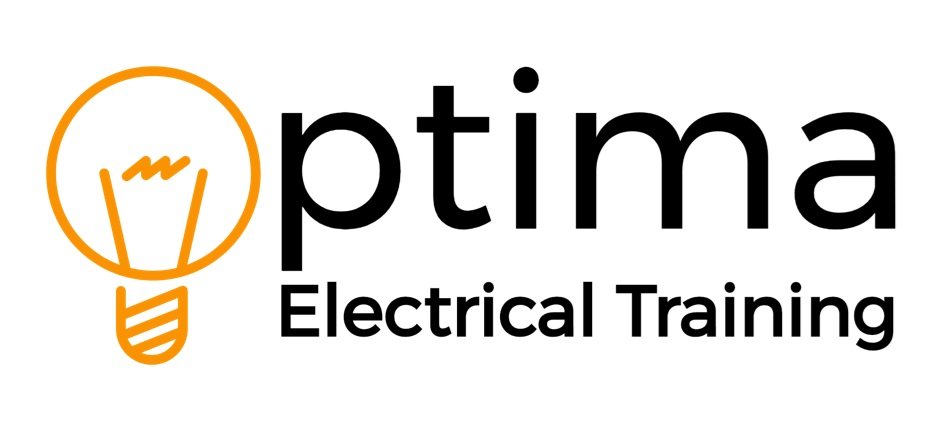Makita's Revolution in Power Tools: The Advantages of Going Brushless
In the realm of professional trades, choosing the right power tools is not merely a decision—it's a commitment to quality, efficiency, and longevity. For apprentices and seasoned professionals alike, this choice marks a significant investment in their toolkit.
Among the myriad options available, the debate between brushed and brushless motors holds a pivotal position. Makita, a leader in the power tool industry, stands at the forefront of this technological evolution, championing the benefits of brushless motor technology.
The concept of brushless tools might be novel to some. Unlike traditional brushed motors that utilize carbon brushes and commutators to conduct electricity and drive the motor, brushless tools operate on an entirely different mechanism. They feature a motor where permanent magnets rotate around a stationary armature, with an electronic circuit delivering current to the windings to initiate rotation. This design eliminates the need for physical contact within the motor, leading to a myriad of benefits.
Why Choose Brushless?
Enhanced Efficiency: Brushless motors boast superior efficiency by minimising energy loss through heat and friction. This efficiency translates into longer battery life per charge, allowing for extended use and reduced downtime.
Greater Power and Torque: With optimised energy utilisation, brushless motors deliver up to 50% more torque. This extra power enables users to cut through materials more effortlessly, improving productivity and extending the tool's lifespan.
Durability: The absence of brushes reduces the wear and tear on the motor, significantly enhancing its longevity. This means professionals can rely on their tools for longer periods without frequent replacements.
Low Maintenance: Without brushes to replace and minimal friction within the motor, brushless tools require far less maintenance, freeing up more time to focus on the job at hand.
Quieter Operation: Brushless motors produce less noise due to the lack of brush friction, a critical advantage in noise-sensitive environments.
Lightweight and Compact: The streamlined design of brushless motors results in lighter, more compact tools, reducing user fatigue during prolonged use.
Cutting-edge Performance: Makita leverages custom-engineered brushless motors tailored for specific tools, ensuring unmatched performance and integration with the latest battery technology.
Makita's Brushless Range: A Leap Forward
Makita's commitment to innovation is evident in its extensive brushless tool lineup, which includes everything from hammer drills to jigsaws and angle grinders. Each tool benefits from a motor designed specifically for its application, paired with Makita's advanced Lithium-ion battery technology. This synergy offers not only superior performance but also greater flexibility, allowing users to switch seamlessly between tools and tasks with almost double the runtime compared to standard motors, complemented by quick charging times.
Choosing brushless power tools signifies a step towards greater efficiency, power, and longevity in professional work. Makita's brushless technology not only propels users ahead in their crafts but also ensures their investment yields tangible benefits, enhancing productivity and performance across the board.
For more insights into how Makita's brushless motor technology is redefining professional power tools, explore the innovations at www.makitauk.com/brushless-motors.
If you're considering a career change or looking to enhance your existing skills, now is the perfect time to take the initiative and enrol with Optima Electrical Training. With the availability of interest-free payment plans, it's easier than ever to get started.
Contact us today to embark on your training journey.
Contact us: Request Information
Email: info@optima-ect.com
Freephone +44 800 0371572



